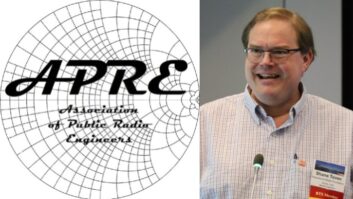The Office of the U.S. Trade Representative’s annual report calls on foreign governments to ensure that adequate copyright payments are made when U.S. musical compositions are performed in broadcasts, over cable systems and in public performances.
The report was lauded by the American Society of Composers, Authors and Publishers. ASCAP responded by saying, “American music is among our most important cultural exports and continues to grow in popularity around the world. Improved compliance with these international copyright obligations will help boost U.S. jobs and our economy, bringing fairer compensation to ASCAP’s 460,000 members.”
The trade organization specifically cited the report’s status for Caribbean countries, including Barbados, Jamaica, Trinidad and Tobago, on its “Special 301 Watch List” because it alleges broadcasters there do not respect performing rights payments and organizations — and often do so with no consequences.
“While the royalties lost to rogue cable operators in the Caribbean may seem small, they are meaningful to American songwriters and composers who may use them to put a child through school or pay their rent,” ASCAP President and Chairman Paul Williams said.
The report also features countries that violate copyright and royalties regulations on a “Watch List” (which includes Bulgaria) and a “Priority Watch List” (Russia, India, China). Russia and Bulgaria inhibit the proper collection of royalties, while in India courts have made it impossible for authorities to collect royalties for radio broadcasts, according to the report. It added that China, which has improved since broadcast tariffs on U.S. music were implemented in 2010, is still undercollecting for these performance rights fees.
“When an economy as large as China’s pays us less than Honduras for public performances, it is clear the issue needs to be addressed,” Williams said.
He affirmed that the advocacy organization “will continue to work with its foreign affiliates, with foreign governments and with USTR to see that the difficulties in these countries are remedied.”
The full version of the 2013 Special 301 Report is available online here.












